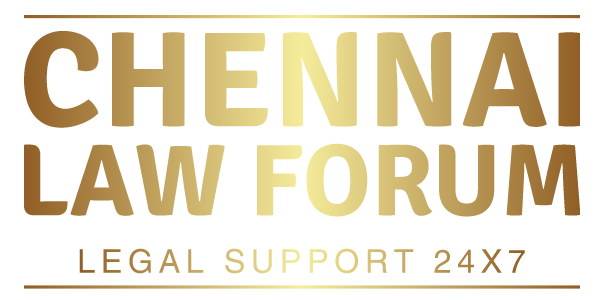Cheque Bounce Cases: Supreme Court issues guidelines, asks government to amend Laws. Supreme Court said that for the past many years, the court has been flooded with Cheque Dishonor complaints that may not be decided in a reasonable period and “Gargantuan Pendency Complaints has had a worst effect on disposal of other Criminal cases.”
To ensure a quick disposal of more than 35 Lakhs Cheque pending bounce cases in various courts, the Supreme Court on Friday gives a number of instructions, including asking the government to change the law to allow clubbing from several trials submitted for the same transaction ,
To avoid the multiplicity of the process and to reduce the burden on the criminal court folder, a five-judge constitutional bench led by the Chair of the Judge SA Bobde recommended that “matching amendments” were carried out in an instrument that could be negotiated for the provision of a trial against a person for some violations based on parts 138 conducted within 12 months.
Of the 2.31 crore waiting for a criminal case, 35.16 lakh associated with an inexpluctor. The reason for the case backlog, according to Amici Curiae, is that while there is a steady increase in complaints every year, the disposal level is not in accordance with the level of complaint institution.
Supreme Court said that for many years, the court has been flooded with Cheque bounce complaints that cannot be decided in a reasonable period and “Gargantuan Pendency Complaints … has had a bad effect on disposal of other criminal cases.”
Stated that the delay in summons that could not be the main cause of the accumulation of disproportionate complaints below Section 138 before the court, the judges asked the High Court to issue practice instructions to trial courts to treat call services in one transaction as a service that was considered for all complaints proposed Before the same court is related to the check of checks issued as part of the transaction.
Directed that High Courts can publish practical instructions to the judge to record Cogent and sufficient reason before converting a summary trial to call the trial in implementing power in section 143 of the action. Even the examination of witnesses must be permitted in a written statement and only in extraordinary cases, the judge can examine witnesses personally, he said.
On March 5 last year, the top yesterday has registered a case of Suo Motu and decided to develop a joint and coordinated mechanism for rapid disposal of these cases. It has appointed senior advocate Siddharth Luthra and advocated K Parameshwar as Amici Curiae.
Supreme Court has been looking for a central view of creating an additional court to deal with Cheque bounce cases. However, the center, through the Financial Services Department (DFS), has rejected the suggestion. Instead of preparing additional special trials, DFS suggests steps such as limiting the maximum number of hearings.

